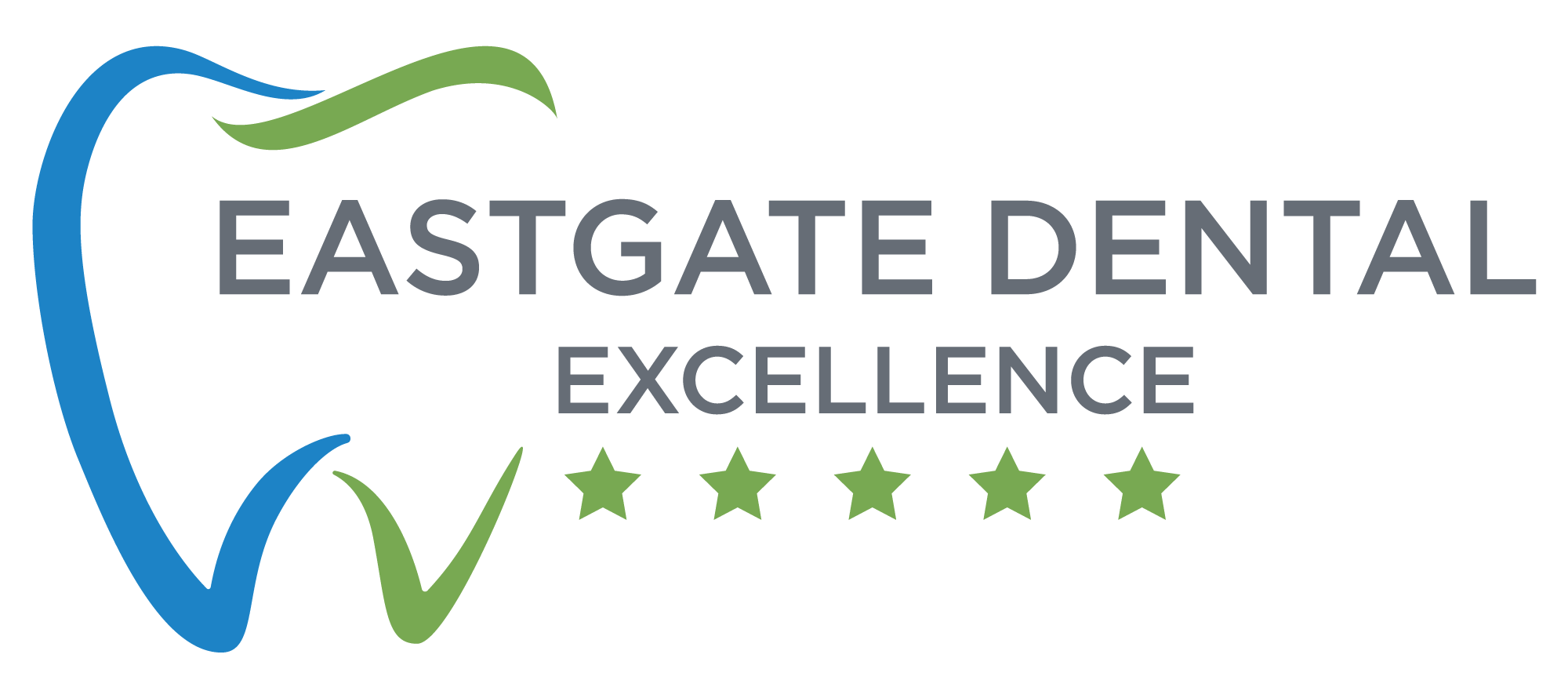Here at Eastgate Dental Excellence, we do everything we can to preserve your natural teeth and keep them strong and healthy for life. But in some cases, a tooth can become so damaged that extraction truly is the best choice. If you’ve recently been told by the dentist that you should consider extraction, you can trust that it’s likely the best option based on the severity of the damage. Root canals and crowns can preserve many teeth despite infection or damage, but those procedures won’t work in every case.
Accident or Trauma
Getting into a car accident or falling down a set of stairs may leave you with minor to serious oral trauma. If a tooth or teeth are badly damaged, the dentist may not be able to save them. This can include teeth that are cracked, snapped off near the gum line, or that come loose and suffer too much root damage to reattach. If you try to leave damaged teeth in place that aren’t candidates for crowns or restoration, you increase your chances of complications like infections that can spread to the jaw. Extraction allows for rapid healing and the installation of an implant or other device to fill in the gap.
Root Infection
If an abscess forms deep in the roots of the tooth or an infection spreads down a damaged tooth, it may be impossible to save it. Even root canal procedures can fail to remove all of the infection if it is threatening to spread to the jaw. Treating any infections at the first sign of pain, tenderness, or swelling is the key to preventing this from happening. A timely course of antibiotics or a root canal can not only save your tooth, but it could save your life since dental infections can spread rapidly to the rest of the body.
It may be necessary to extract a tooth once the infection is severe enough. Exposing the roots and removing damaged tooth material will prevent infection from spreading. Stick to routine dental visits to catch signs of infection early on and prevent small issues like cavities from growing into bigger problems like abscesses.
Advanced Gum Disease
Gingivitis is only the earliest stage of gum disease. Once it progresses into periodontal disease, it’s much harder to treat and may result in lost teeth. Any tooth that is affected by gum disease to the point where the roots are exposed may need to be extracted eventually. Gum grafts and other restoration treatments save as many teeth as possible, but they’re not always an option.
Watch out for the earliest signs of gum disease and follow your dentist’s recommendations on treating it. Procedures like root planing and scaling can make all the difference when dealing with periodontitis when it’s starting to get more severe. Treating gum disease early prevents it from causing cascading problems like infection and tooth loss.
Overcrowding
Each year millions of children are born with a few extra teeth in their mouths. While some people experience no significant effects from the extra teeth, others struggle with jaw pain and bite alignment issues. If your teeth have trouble fitting together smoothly, they may chip or crack from the extra pressure during chewing. Extraction is often the easiest and most effective way to create more space in the jaw and a better alignment for the smile.
In this case, extractions are often used in conjunction with the use of braces and other orthodontic treatments. You may elect to have your extractions handled here at Eastgate Dental Excellence and then transfer to an orthodontist for follow-up care for adjusting the alignment of your teeth.
Impacted Teeth
Impaction is an uncomfortable dental condition that can affect the rest of your smile. It occurs whenever a tooth falls to rise above the gum line or stands attached to the jaw in a permanent way. Impacted teeth tend to move sideways instead of upwards, putting serious pressure on surrounding teeth. These teeth require a more advanced approach to extraction than many other cases.
Surgical extraction frees the impacted tooth without doing unnecessary damage to the gum line or jaw. Only a dentist can determine if you’ll need simple or surgical extraction, but impacted teeth in general will require some kind of surgical approach. Don’t let an impacted tooth go without extraction since removing it protects your healthy teeth and prevents pain.
Tooth Alignment
In some cases, extractions are recommended for adjusting tooth alignment even when there’s no overcrowding in the jaw. Teeth that were damaged or misshapen from the start may be better extracted than reshaped or changed with orthodontics. This is relatively rare and will be explained by the dentist if it’s recommended. In these cases, you’ll usually get better results by using a bridge or dental implant than trying to change the misaligned tooth.
Contact us here at Eastgate Dental Excellence if you have received a recommendation for a dental extraction. We’ll give you a second opinion and help ease any concerns you have about the process, along with recommending follow-up treatments like dental implants to fill in for any removed teeth.

